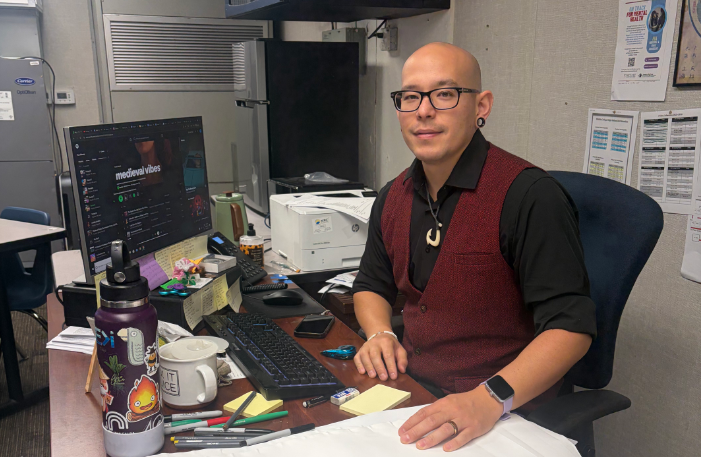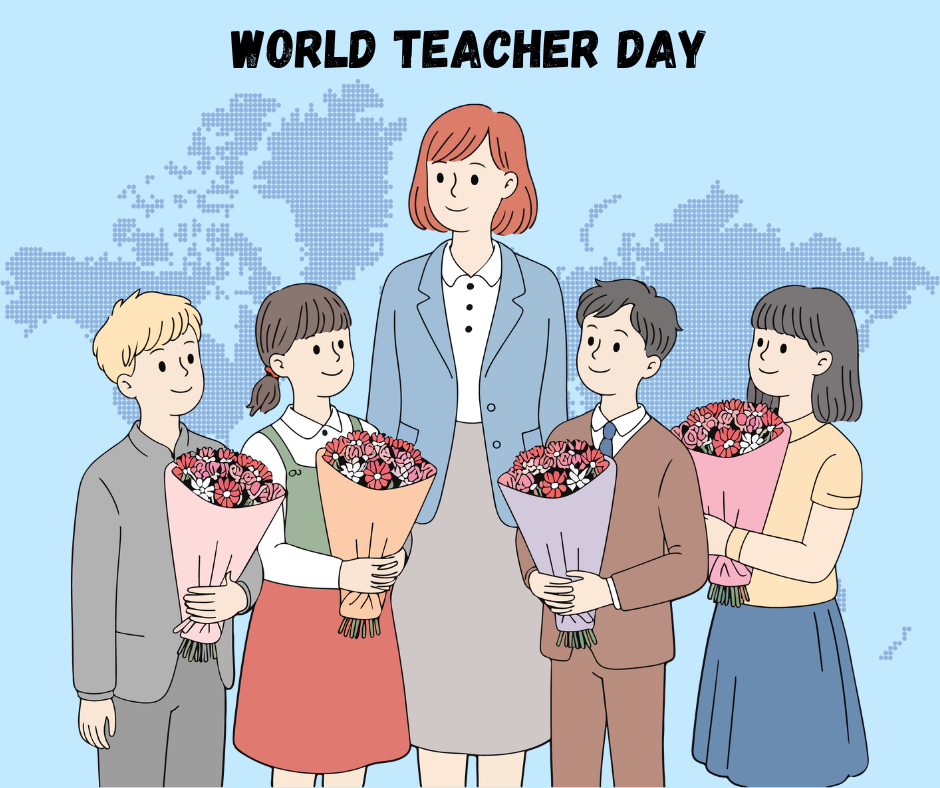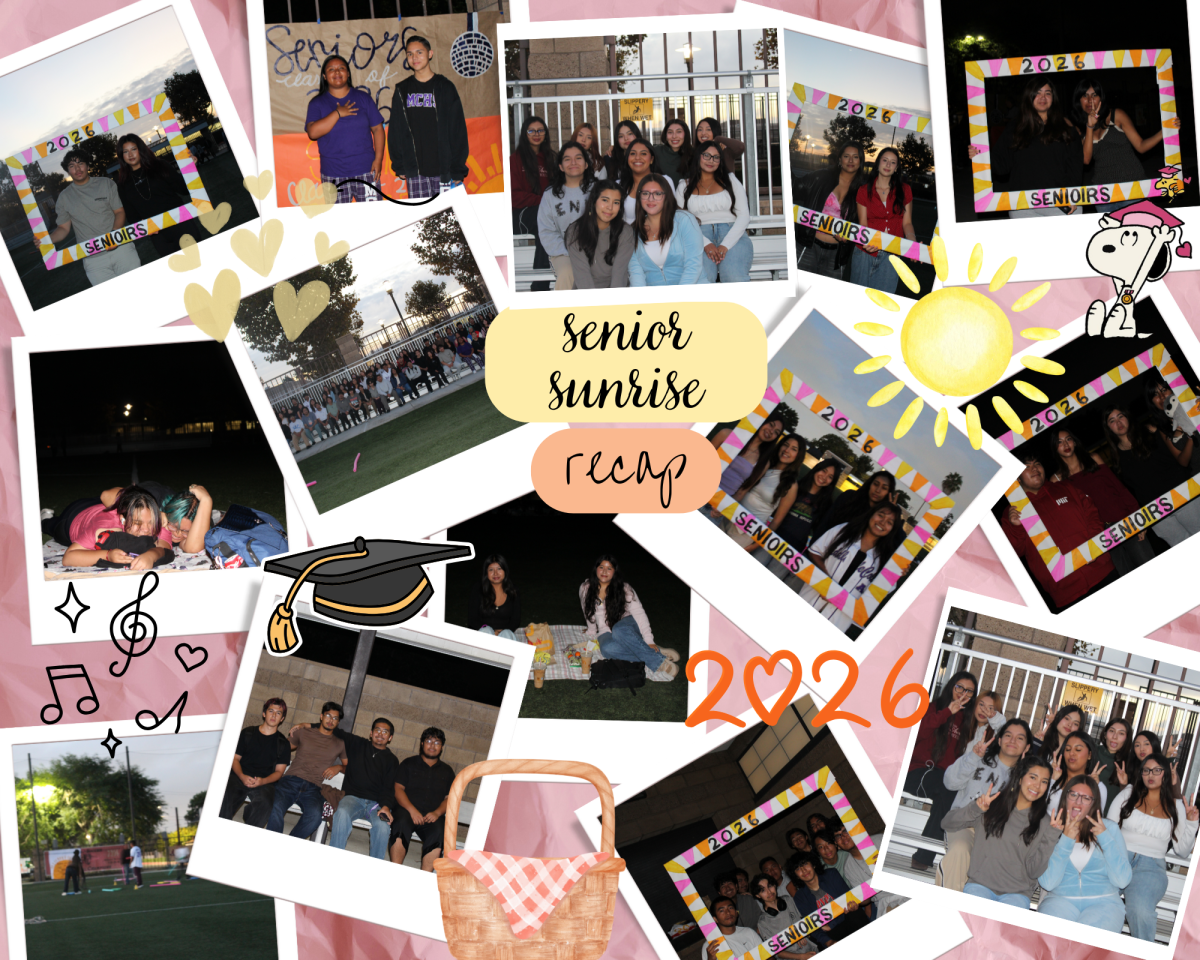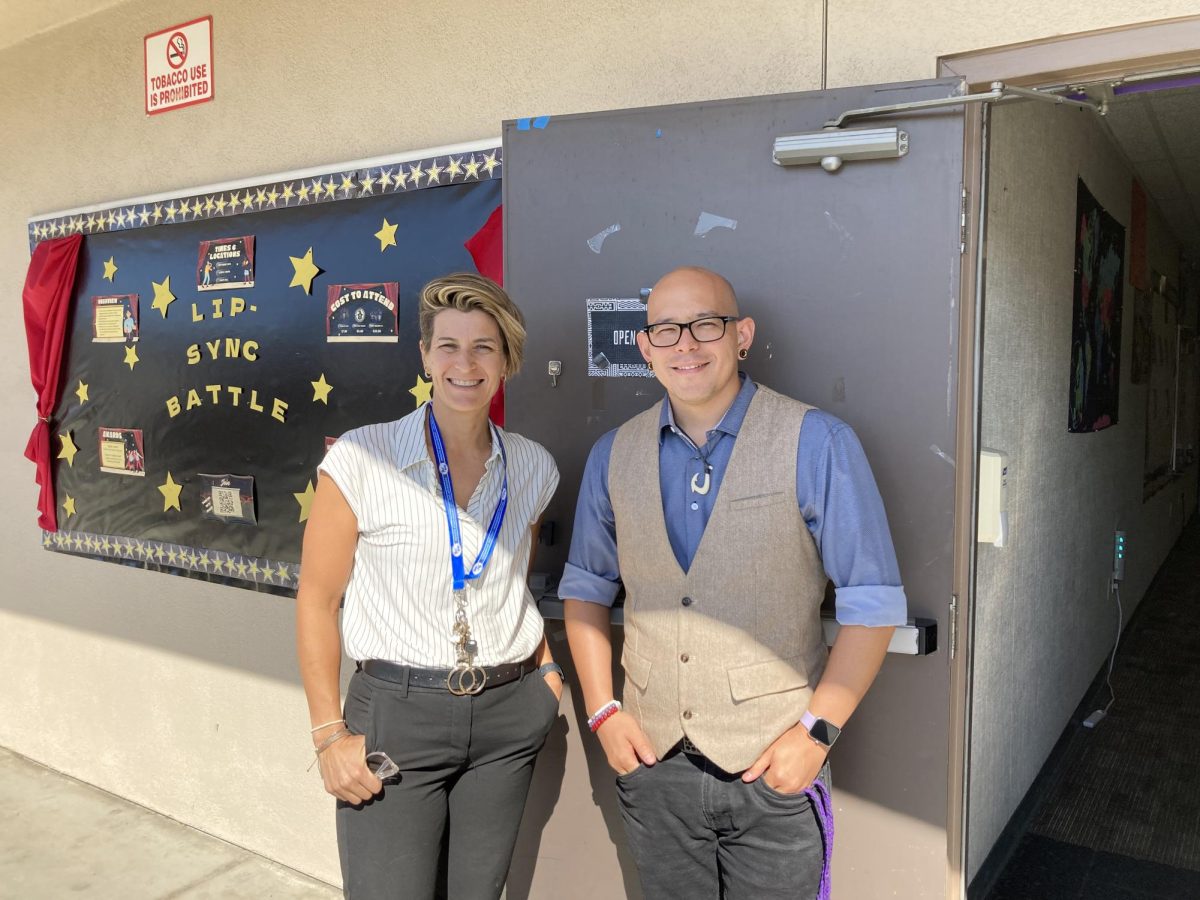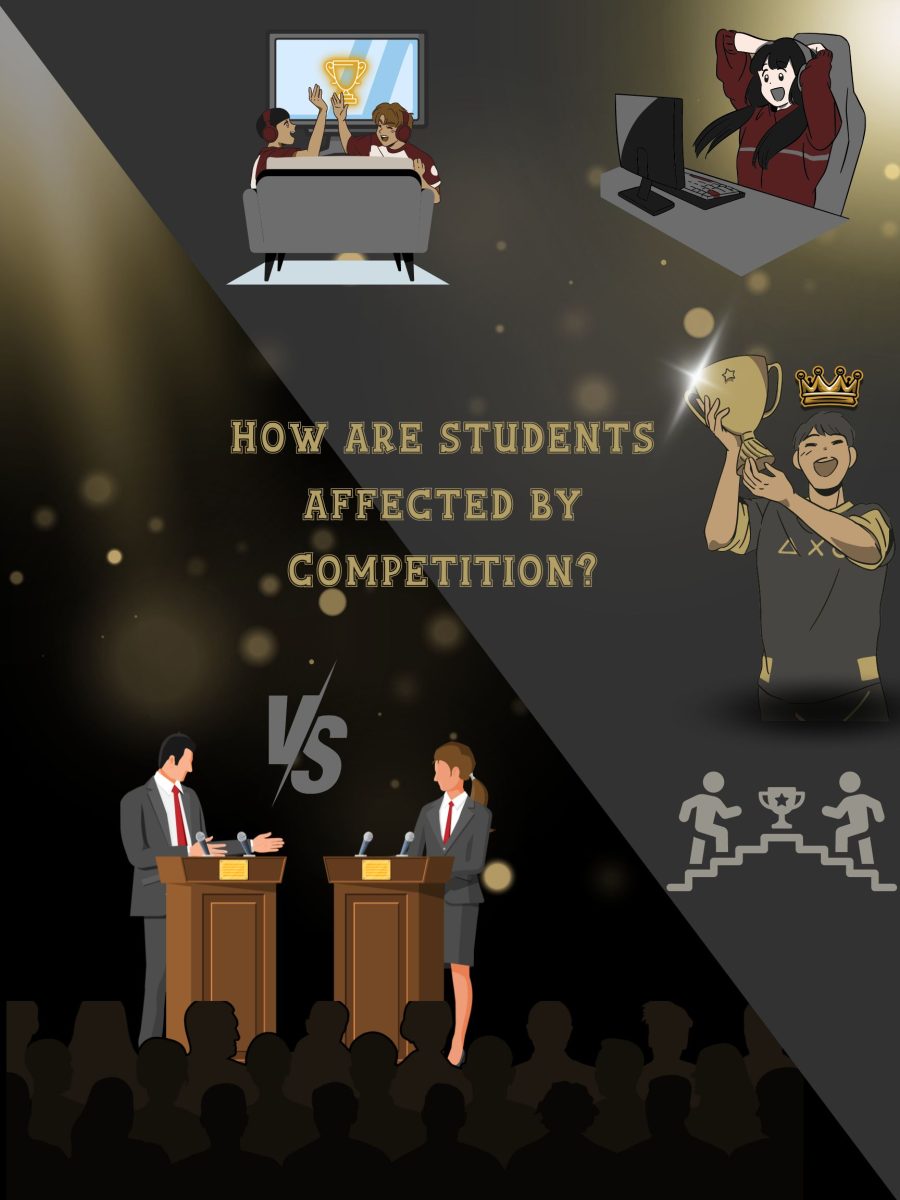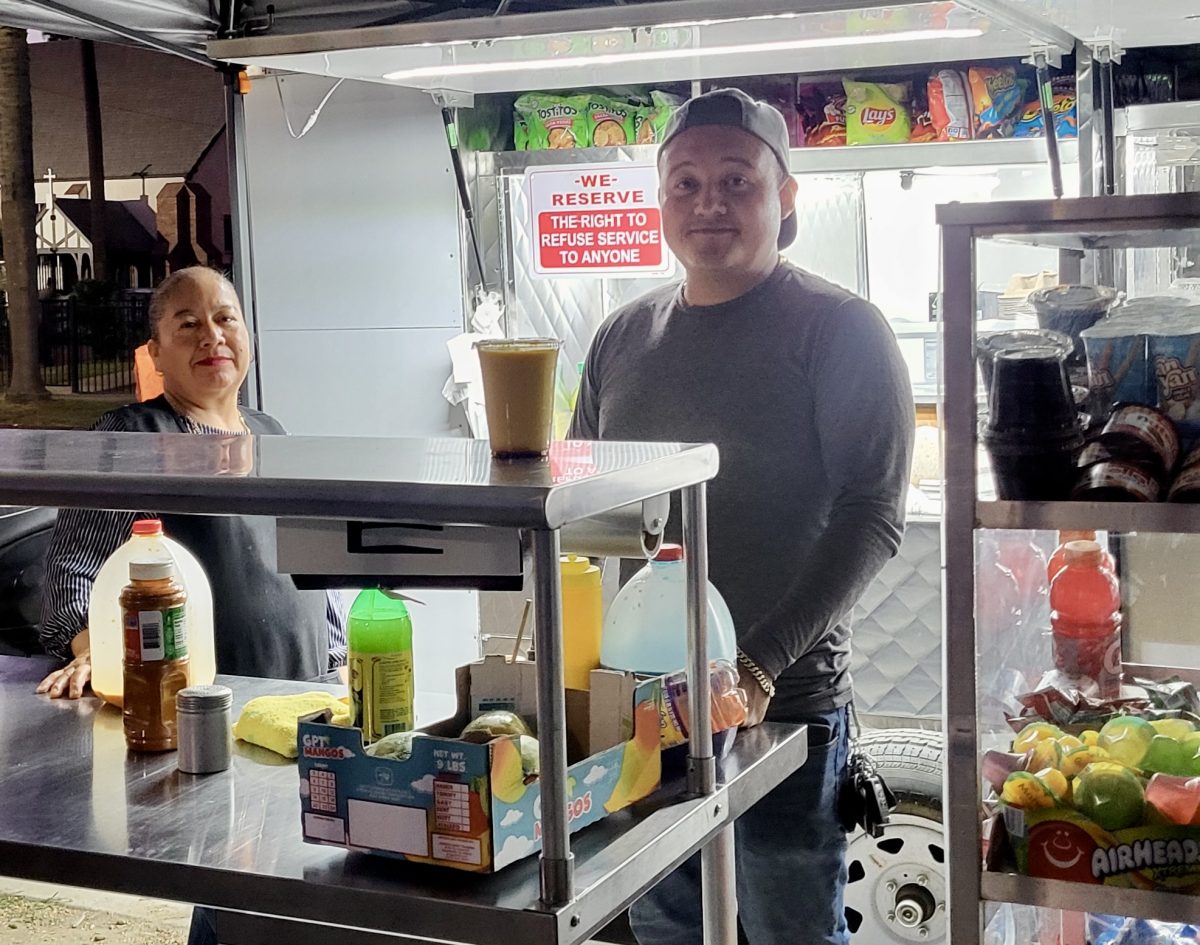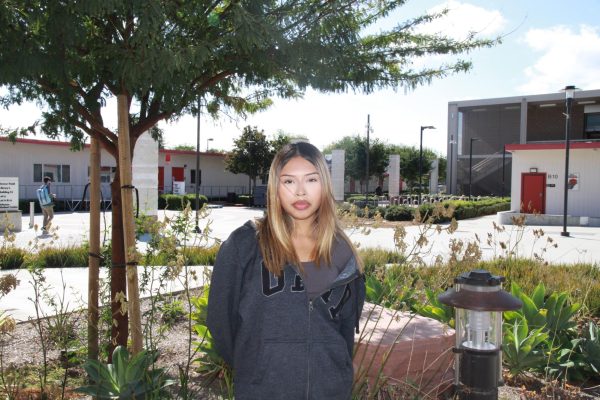Competition is a part of our environment that our past generations have created to help future generations grow. We’ve seen this from hunters and gathers, to wars, and now in schools. Take into consideration the hard work and sacrifices humans have made to overcome competitive situations. Almost everyone has been affected by competition, whether it’s outside or in school. We can see competition happen in sports and in workplaces where colleagues try to be better than the rest to qualify for higher positions. Additionally, through societal classes, where one believes they are more superior than others.
Frequently, students may fail to recognize the level of competition they undergo. Maintaining their academic performance, extracurricular activities, and meeting peer, teacher, and parental expectations can all fall under the category of competition among students. However this doesn’t mean that all competition can lead to deprivation, it also comes with its advantages. MCHS’s esports and speech and debate contributes to competitiveness among students.
Esports at MCHS can contribute to competitiveness by pushing students to use their full potential while playing. Students need to be resilient and learn how to develop skills, think strategically, and make appropriate quick decisions. When students compete with other students from their districts, each tournament increases the level of competition they experience or endure.
Speech and debate at MCHS can contribute to competitiveness as well, by pushing students to use their critical thinking and persuasive skills, as well as effectively placing their argument into effect. They compete among themselves and other students who are also trying to pass each round. Competing among students nationwide is something that has been occurring for years.
However, being competitive can also come with its physical and mental disadvantages. Understanding where certain factors come into play can help you cope with any defects that competitiveness might bring to a student’s life.
Some disadvantages can result in mental health issues like stress or anxiety, short-term focus, self-esteem issues, behavioral difficulties, bad friendship dynamics, issues with comparing yourself to others and overall affect a student’s well-being.
Senior Joseph Lira shares a little of what he experiences when being competitive and placed under pressure.
“At least for me when being competitive, I know that you put more thought into things. You care more about your actions more than anyone else really would. You don’t think too much about stuff when you have the mindset of being competitive, but you have the mindset to win,” Lira said.
There are certain mindsets that students have when it comes to competitiveness. There are students not only in esports but speech and debate that sometimes fall under a mindset where they want to strive more than others.
Speech and debate coordinator Jeff Diaz shares what he’s noticed among students who are more competitive than other students who aren’t.
“Something that I pick up on is definitely how in tune a student wants to be with their character because when I notice that it’s a competitive student, they’re a lot more picky about their performance because they want to execute it almost to perfection as opposed to students that maybe aren’t as competitive. You notice things like they’re a little more self-conscious or they kind of second guess their own ideas or they hold back and they don’t go all out in a performance. They are capable of doing it but not as comfortable,” Diaz said.
Students aren’t always competitive for the right reasons, and when they are, they need to be self-aware. This plays a part in students’ lives where it can become highly toxic and even traumatic.
Diaz shares why some highly competitive students who lack self-awareness can be toxic to their success.
“When you’re young, you’re not perfectly self-aware and when your self-awareness doesn’t meet your competitiveness, then I think that it does more harm than good because you’re always going to be focused on you and conquering,” Diaz said.
Being competitive can also bring its advantages. To a certain extent, students may find themselves handling competitiveness very well. This can happen by having a good mindset, setting goals, maintaining a healthy perspective of what you’re competing for, being collaborative, communicative, and having a good balance between competition and personal life.
Esports coordinator and Biology teacher Laura Compton shares a few insights of why she thinks we as a society were made to be competitive, and how it places into why some students are more competitive about their grades.
“Our society is run by competition because of our capitalistic society. So it’s kind of built into us intrinsically that we have to do our best and perform our best, which again can be good if you can handle that mentally. Like in school, competitiveness can be a good driver for students to redo assignments to get a better grade or a higher grade,” Compton said.
Students have also learned from being competitive how to manage their competitiveness to be better at certain things and take action into their own hands.
Freshman Angel Lopez shares out how being in esports has helped him learn to focus and be a better team player.
“Esports has helped me in a way, like to be a part of the community, and it really strives me to be a better leader, so I can be a better role model for the other people around me in esports since I’m also the executive president,” Lopez said.
In a way, being competitive can be helpful if students know how to deal with competing with others or themselves. Even then, it can be harmful to students that don’t understand healthy habits when competing. It’s necessary for students to know the proper ways to handle competitive situations and not fall under unrecognized deprivations that competition may bring.

